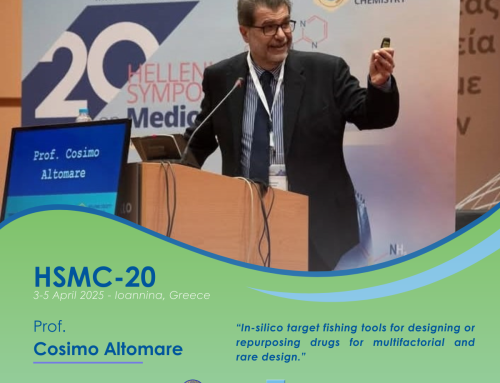The NeoVanc Project article Optimised versus standard dosing of vancomycin in infants with Gram-positive sepsis (NeoVanc): a multicentre, randomised, open-label, phase 2b, non-inferiority trial was published in the Lancet Child and Adolescent Health.
The article includes the findings of the largest neonatal vancomycin efficacy trial ever conducted:
- No clear benefit was seen with the use of an optimised short (5±1 day) course of vancomycin, including a loading dose, compared to a longer (10±2 day) standard course in babies treated for sepsis occurring in hospital, also called late onset sepsis.
- Babies in the short course group were more commonly assessed as not fully recovered by the end of treatment as compared with babies in the long course group.
- Twice as many babies (30%) in the short course group failed routine hearing testing compared to the longer course (15%); long-term hearing data are currently being collected.
- Kidney problems were rare and comparable between the two groups.
- Four out of ten babies in the trial had a positive blood culture at the time of enrolment, which is high, and shows that the babies in the study had serious infections.
NeoVanc was a European, multicentre research study coordinated by Penta Foundation and funded by the European Commission’s 7th Framework Programme. It compared the efficacy, safety and pharmacokinetics of an optimised dosing regimen with a standard dosing regimen of vancomycin in infants with late onset sepsis. NeoVanc took place between March 2017 and July 2019 and involved 242 infants from 22 neonatal intensive care units in Italy, Greece, Estonia, Spain and the UK. The aim of the study was to compare recovery from sepsis as well as relapses or new infections requiring further treatment between the two groups.
CVBF was one of the Project Partners responsible for regulatory management including support to PIP implementation, clinical trial authorisation process, data management and pharmacovigilance.




